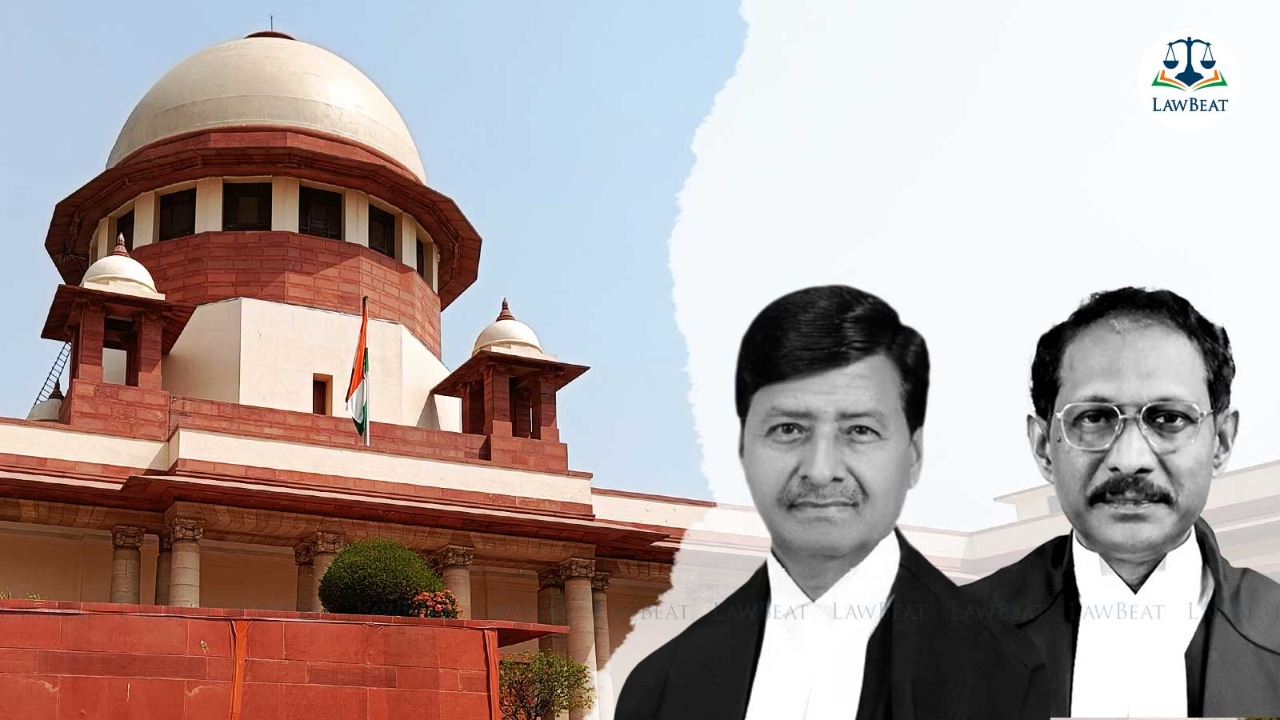Non-reporting of sexual assault against minor child despite knowledge, a serious crime: Supreme Court

"Prompt and proper reporting of the commission of offence under the POCSO Act is of utmost importance and we have no hesitation to state that its failure on coming to know about the commission of any offence thereunder would defeat the very purpose and object of the Act", the Supreme Court has held.
Non-reporting of sexual assault against a minor child despite knowledge is a serious crime, held the Supreme Court on Wednesday while further adding that such non-reporting is more often than not, done as an attempt to shield the offenders of the crime.
A division bench of the Supreme Court made these observations while setting aside an order whereby the FIR and chargesheet filed against the accused Medical Practitioner were quashed.
Court held that quashment of the stated FIR and the charge-sheet throttled the prosecution at the threshold, without allowing the materials in support of it to see the light of the day.
Such an action cannot be said to be an exercise done to secure interests of justice whereas it can only be stated that such exercise resulted in miscarriage of justice, held a bench of Justices Ajay Rastogi and CT Ravikumar.
At the very beginning, Court stated that it was not peeved, but certainly pained, as a legitimate prosecution under the Protection of Children from Sexual Offences Act, 2012 (“POCSO Act”), was throttled at the threshold by the exercise of power under Section 482 of the Code of Criminal Procedure, 1973.
In the case before Court, minor tribal girls, who were students of Infant Jesus English Public High School, Rajura and living in its girls’ hostel, were being sexually assaulted.
Superintendent of the hostel and four others were arrested and arraigned as accused in the crime. During the investigation, it was found that the Medical Practitioner appointed for treatment of girls admitted to the said Girls’ hostel had knowledge about the incidents, from the victims themselves as the victim girls revealed in their statements recorded under Section 161 of Cr.P.C.
The Medical Practitioner who was under a legal obligation, in terms of the provisions under Section 19(1) of the POCSO Act upon getting the knowledge about committing of an offence under the POCSO Act, to provide such information either to the Special Juvenile Police Unit or the local police remained silent and did not provide such information to help the accused, is the gist of the allegation against him, the Court noted.
Court was of the opinion that legal obligation for reporting of offence under the POCSO Act is cast upon on a person to inform the relevant authorities specified thereunder when he/she has knowledge that an offence under the Act had been committed, in order to ensure that such offenders are not spared and should be properly booked.
"...such provisions are included in with a view to ensure strict compliance of the provisions under the POCSO Act and thereby to ensure that the tender age of children is not being abused and their childhood and youth is protected against exploitation...", the bench also noted.
Case Title: The State of Maharashtra & Anr. vs. Dr. Maroti s/o Kashinath Pimpalkar
